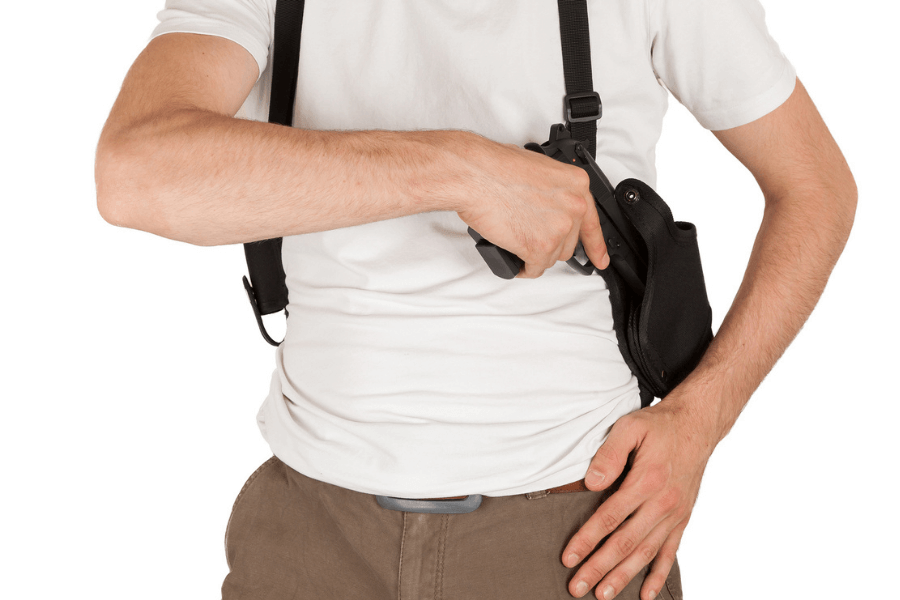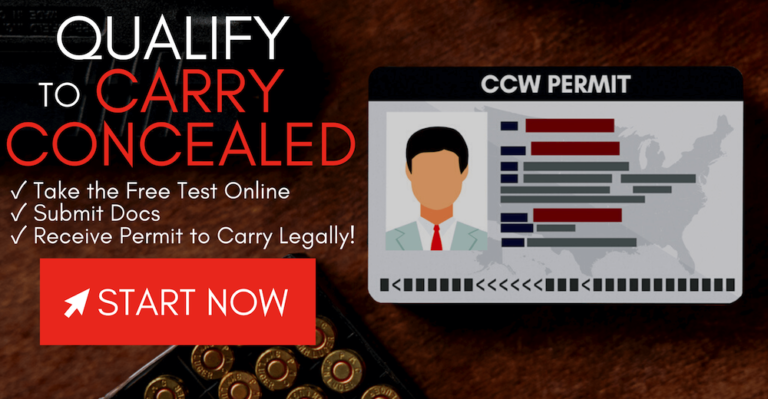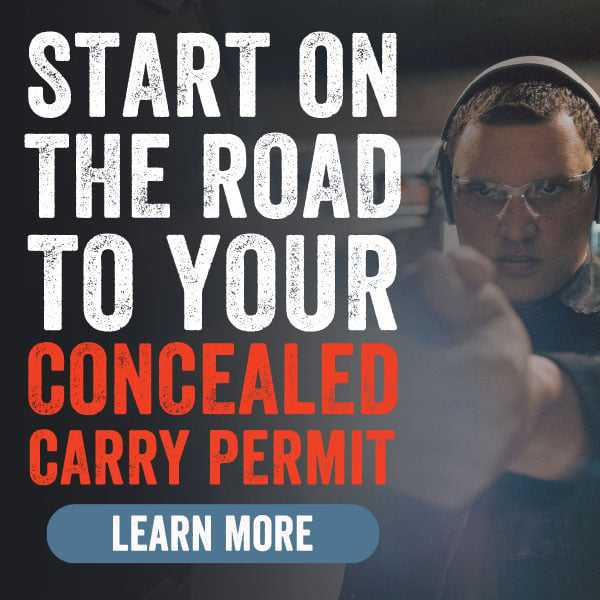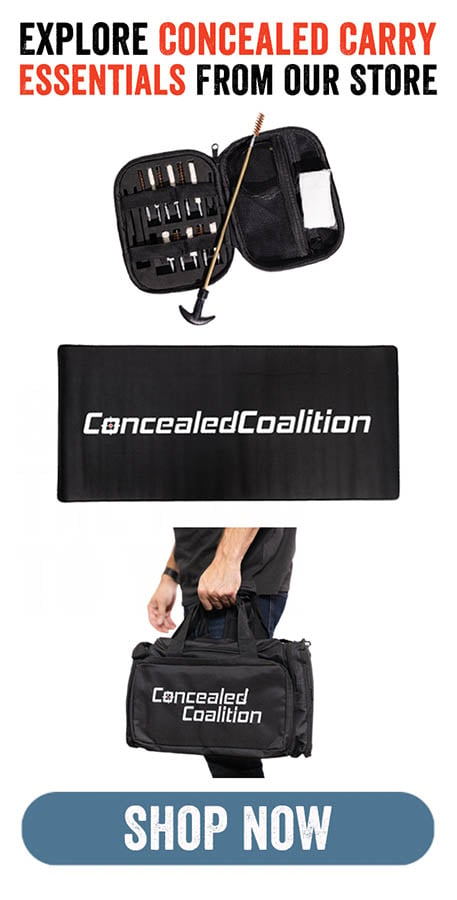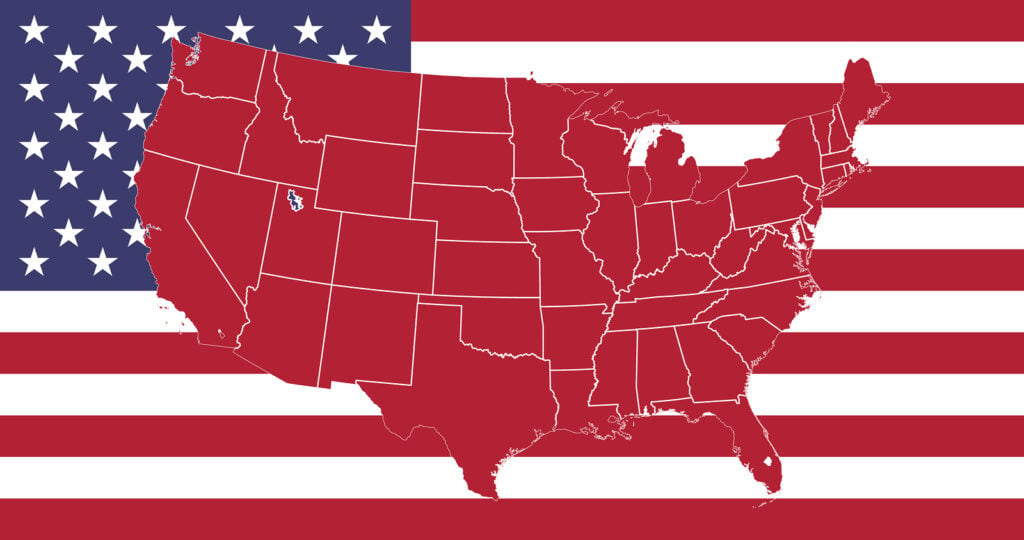Gun laws are different all over the country, which is why it’s crucial to have a clear idea of where you can and can’t carry a gun in your state. You’ll also want to clearly understand the certifications and licenses that state officials require before taking your firearm beyond your property.
North Carolina open carry laws are pretty simple because there’s no additional licensing needed, with a few caveats. The state has some relaxed gun laws, with the state and federal constitutions protecting the right to bear arms. These laws ensure that most state residents can openly carry a firearm in locations where the weapons aren’t prohibited, as long as the individual isn’t banned federally.
There is a different set of laws for carrying concealed guns in the state that you should learn before taking your firearm anywhere. Being up to date on these rules makes it less likely that you’ll make a mistake and end up in trouble with the law. This guide will take you through the open carry and concealed carry laws you should know while living in North Carolina.
Places Where Open Carry Is Illegal in North Carolina

It’s legal to openly carry a gun in North Carolina without a permit. These laws don’t mean you can bring your firearm everywhere you go, though, as weapons are off-limits in these places:
On School Property
You can’t bring a gun to school, including colleges or universities. These laws also cover school-sponsored events that take place off-campus.
In a Government or Law Enforcement Building
All state or federal offices, courthouses, and other government properties have banned firearms. Correctional facilities and law enforcement buildings also fall into this category. The lone exception is if you have a concealed carry permit and leave your weapon in your vehicle.
At a Parade or Procession
It’s illegal to carry a gun at a parade, demonstration, picket line, or funeral procession. There’s an exception granted if you have guns in a rack in a truck as part of a funeral or parade.
On Private Property Where It’s Prohibited
Some private properties have their own rule regarding firearms that you’ll have to follow. These properties can include stores, restaurants, sporting events, and other venues that have banned carrying a gun openly or as a concealed weapon. Some locations that serve alcoholic beverages have prohibited firearms too.
Where Federal Law Prohibits Guns
There are federal laws that prohibit carrying a gun in specific locations that state laws don’t cover. These sites include airports, national forests, visitor centers in national parks, military bases, post offices, and any building that contains federal government offices.
When Intoxicated
You can’t carry a firearm away from your property while drinking alcohol or while you have alcohol or drugs in your system. This law applies to both open carry and concealed carry gun owners.
North Carolina open carry gun laws are pretty relaxed, but you’ll want to check before leaving your home to ensure you’re allowed to bring your firearm. There are a few other considerations you’ll want to be aware of before taking your gun anywhere, as well.
5 Elements You Should Understand About North Carolina’s Gun Laws
There’s more to North Carolina’s gun laws than the open carry rules, as concealed carry is an entirely different matter. Learning about where you can keep your gun when you’re away from your property helps keep you compliant with local laws.
1. Carrying a Gun in a Car
Transporting a gun in a vehicle is legal in North Carolina, provided the firearm is either visible to any person approaching or locked in a console, glove box, or trunk. Keeping the gun in an unlocked glove box, under the seat, or on your body requires a concealed carry permit.
2. Concealed Carry Permits
Anyone not carrying their firearm openly requires a concealed carry license. These permits allow you to carry your gun in a hidden location on your body away from your property. Those convicted of felonies, certain violent misdemeanors, driving under the influence, and those with a drug addiction or lacking mental capacity aren’t eligible for a concealed carry permit.
3. How to Get a Permit
Acquiring a concealed carry permit in North Carolina is a relatively simple process that takes about 45 days to process after submitting your documents. You’ll need to complete an application form, show an ID card, and prove you live in North Carolina to apply. Completion of a state-approved handgun safety course is also a requirement.
4. Training Courses
You’ll need to complete a firearm safety and training course that’s approved by North Carolina’s state government before applying for a concealed carry permit. Taking one of these courses makes you eligible to carry your gun while in a vehicle away from your home and other situations where open carry is prohibited.
5. Penalties for Gun Law Violations
Carrying a concealed weapon without a permit or taking your gun on state property or a parade are misdemeanors. Most of the other violations, including a convicted felon possessing a firearm or bringing your firearm to federal property, are felonies that carry harsh penalties. North Carolina’s criminal code considers the defendant’s record, so the exact penalties depend on the individual.
Learning about North Carolina’s gun laws and getting a concealed carry permit can make your life easier as a responsible firearm owner in the state. Knowledge and training ensure no one can take your right to bear arms away from you.
Speak With a Concealed Carry Expert
There is no certification or training to open carry in North Carolina, but concealed carry is a different story – you’ll need to complete a state-approved course before applying for your permit. Concealed Coalition has just the team you need to provide the training you require to obtain your concealed carry permit in North Carolina, with options for local or online training.
Our team of experts is state-approved, ensuring you don’t have any problems once you submit your application. Contact us today to discuss your concealed carry permit educational needs.
